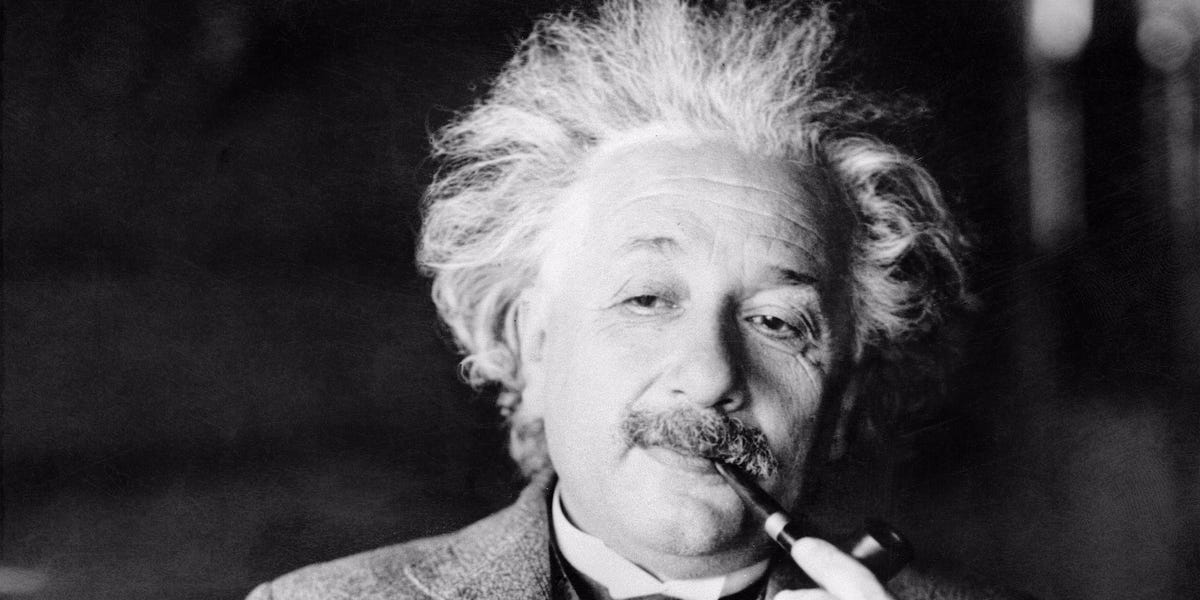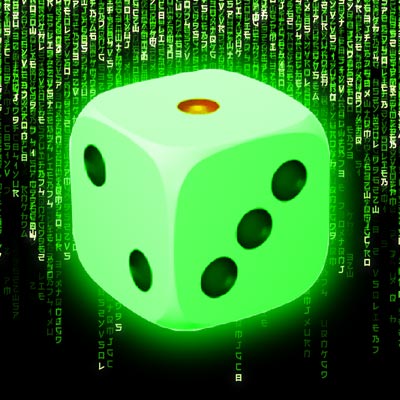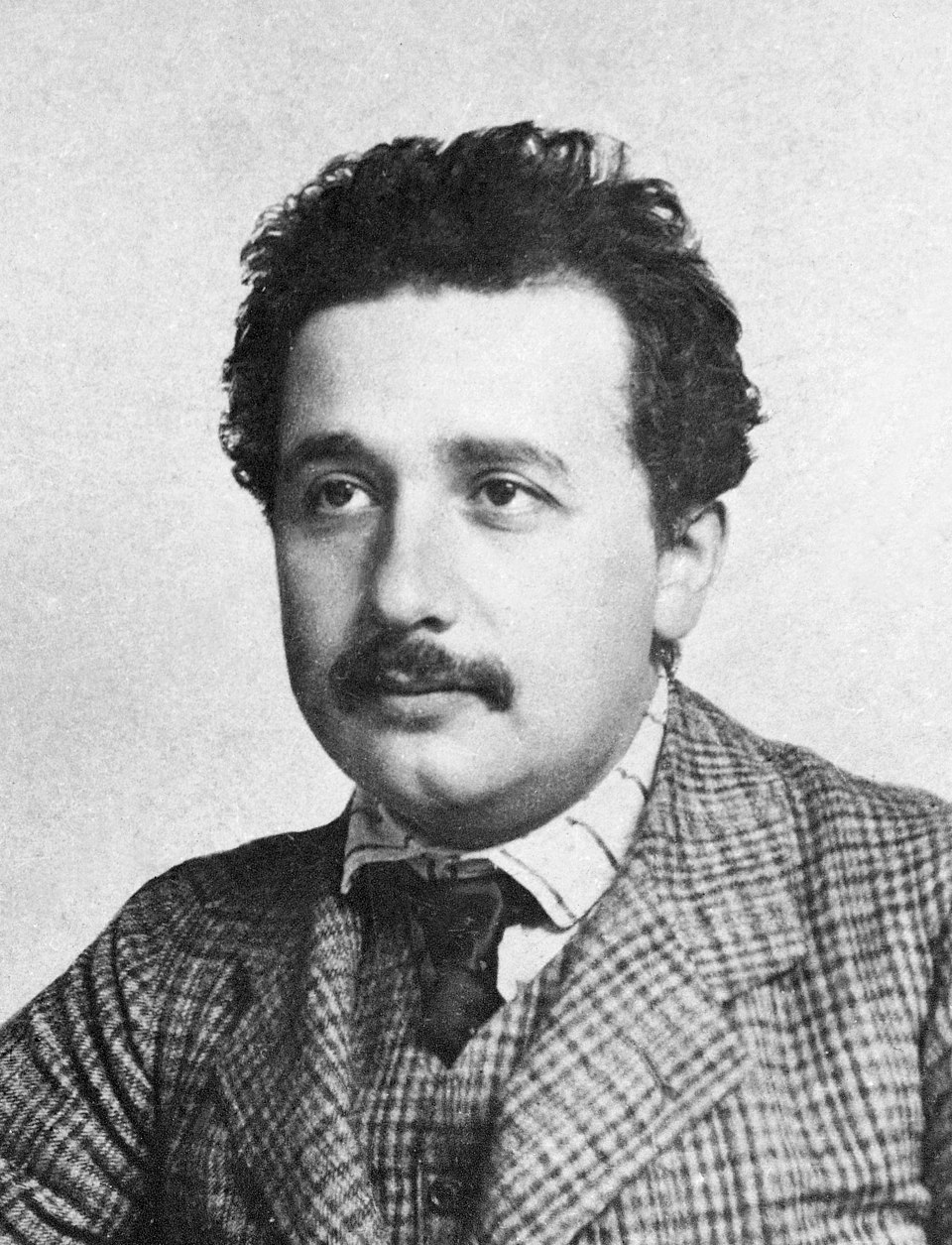excreationist
Married mouth-breather
Albert Einstein said:

 www.businessinsider.com.au
www.businessinsider.com.au
Stephen Hawking replied:
I believe I'm probably in a simulation and that there is a non-obvious intelligent force....
In Futurama "God" said:

 lifesplayer.com
lifesplayer.com
Statistical analysis can be used so that die throws appear to be completely random but could be intelligently guided. An example of this is from the movie "The Imitation Game". They decoded the Enigma machines and could take advantage of the information but they used statistical analysis (and fabricated stories) so that the Nazis wouldn't suspect that.
So anyway the appearance of fundamental "randomness" means that a non-obvious God has a lot of chances to guide things.... and apparently quantum foam can even involve virtual particles disappearing and appearing.
A related concept is the "butterfly effect":
 en.wikiquote.org
en.wikiquote.org
BTW the website icon for my site is a die.... maybe now I'll have a reason for choosing it:

God does not play dice with the universe
One of Einstein's most famous quotes is often completely misinterpreted
For starters, Einstein did not believe in god.
Stephen Hawking replied:
Not only does God definitely play dice, but He sometimes confuses us by throwing them where they can't be seen.
I believe I'm probably in a simulation and that there is a non-obvious intelligent force....
In Futurama "God" said:
When you do things right, people won't be sure you've done anything at all

God and the Bible - Life's Player
Is the Bible 100% true and moral? Does the supernatural exist?
Statistical analysis can be used so that die throws appear to be completely random but could be intelligently guided. An example of this is from the movie "The Imitation Game". They decoded the Enigma machines and could take advantage of the information but they used statistical analysis (and fabricated stories) so that the Nazis wouldn't suspect that.
So anyway the appearance of fundamental "randomness" means that a non-obvious God has a lot of chances to guide things.... and apparently quantum foam can even involve virtual particles disappearing and appearing.
A related concept is the "butterfly effect":
It has been said that something as small as the flutter of a butterfly's wing can ultimately cause a typhoon halfway around the world - Chaos Theory
The Butterfly Effect - Wikiquote
BTW the website icon for my site is a die.... maybe now I'll have a reason for choosing it:

Last edited:


